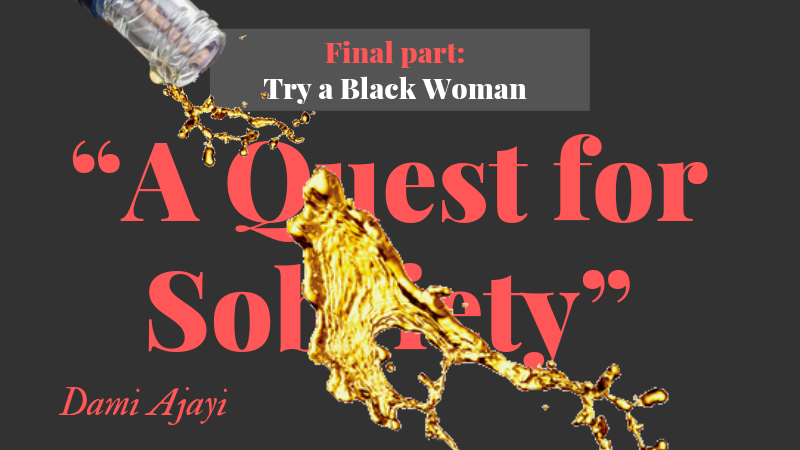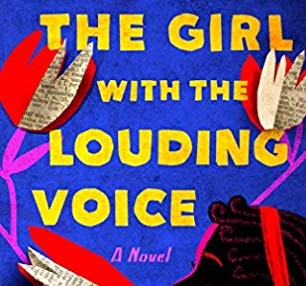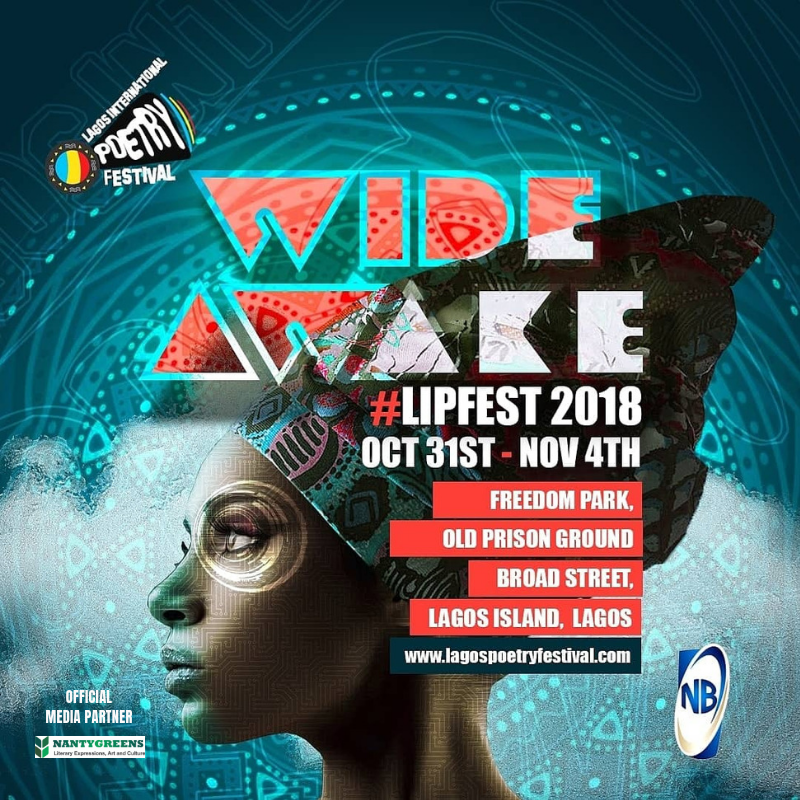|
Getting your Trinity Audio player ready...
|

There is a beer called Life. I kid you not. A brand of green bottle lager that sells at a remarkably lower price compared to beer standards. Like Hero, it is a favourite of the working class. But there is a particular type of artisan down on his luck, or certain about his come-up who would go for the slightly cheaper brand, Life.
The beer’s allure is perhaps its mundaneness. Life is stacked in crates in the locked country homes of many Igbo merchants. During the Christmas, Ndigbo return from their workstations, journey through the River Niger bridge to the red earth of Igbo heartland. In that season, local bars and beer parlours stock extra crates of beers.
People start drinking Life as early as daybreak. It accompanies breakfast meetings as a solvent for Kola’s surrogate—garden eggs dipped in peanut butter mash. In my short time in Anambra, I discovered that the use of alcohol is not diurnal like back home in the West, where there was a gentleman’s agreement that beer sales begin after noon.
Life is served cold, like all beers, especially during harmattan, when throats are parched from the dust—but you would occasionally find those who drank lukewarm bottles of Life hijacked straight out of dusty crates. Teeth often serve as openers for the impatient, rewarded with the heady vapour that occasionally froths if not stopped with a diligent phalanx or calloused palm over the bottle top. A neck tilt with a bottle of Life pressed to the lips in a manner reminiscent of an infant latching to a mother’s nipple—and a gulp is delivered down the parched throat.
~
I arrived in Ndiowu shortly after Christmas. The cluster of nine villages is jam-packed, filled with illustrious daughters and sons armed with the year’s spoils for the season. I did not know that this town emptied after the holidays, but at the time, the villages wore lively grins and laughter resounded through my landlord’s huge compound recently cleared of weeds, fumigated, and endowed with a fresh coat of paint.
Generator sets had been serviced in defiance of epileptic power supplies, and diesel purchased and stored in fifty-litre jerricans with money sent home by principals to their caretakers who are not necessarily kin, perhaps kith. A native of your mother or father’s town should suffice. They could be an indigene of a different village who can be trusted with upkeep money and whose disappearance is impossible since you know where they live.
This caretaker must be married with children and own a house in the village, preferably a small one— better, if uncompleted. This assures you that he is a man of his own means, as you don’t want a complete loafer. He should be a farmer or at least have farm experience and own some farming tools—so that he can attack weeds, shrubs and unwanted vegetation that flourish in the absence of footfalls. He must own a motorcycle, preferably a run-down one which spends as much time in his care as it does with its repairman.
~
I shared the Boys’ Quarters space with one such caretaker during my service year. Nnamdi had been a councillor at the local government eight years ago before the governors devised the Transition Committee, a way of centralising executive powers in the state and alienating people from governance.
Nnamdi may have been unlucky in his choice of political parties perhaps because he was a fickle politician with wavering loyalty. He sustained himself by selling oil palm harvested from his principal’s huge compound, a sprawling hectare dotted with palm trees and cassava saplings. Every so often, after harvesting some oil palm, he would rush into his room to retrieve yet another lukewarm bottle of Life. He would sit bare-chested outside the boys’ quarters, under the canopy of a tree where the landlord’s great-grandfather was buried and drink his Life. Sometimes, he would play some highlife on his phone. His favourite songs are the more recent material. The synth-laden pop sound had neither the live sessions’ grit nor vitality. But watching him sit bare-chested, enjoying praise songs and a bottle of life, assured me that he was a man of his own conviction, set in his ways.
~
Our landlord, a medical doctor, was a one-time commissioner of health for the state. He was a simple man whose main pleasure was the pursuit of knowledge. Following his time, he eschewed politics and went to Abuja to work in public health.
Sometimes, in the landlord’s absence, Nnamdi hosted clandestine political party meetings. The haggard-looking members of his party arrived in rickety bikes and left numerous garden egg stalks for Alhaji, our guard and gardener, to sweep up alongside the dry leaves and twigs from the tree that had fallen overnight.
Nnamdi’s meetings were not as clandestine as he thought. The landlord, who was never around, monitored everyone in the house. Alhaji monitored the house. Nnamdi monitored Alhaji. Everyone else monitored Nnamdi.
Sometimes, when Nnamdi needed to go into town, he would shed his favourite piece of village clothing – a brown kaftan – park his motorcycle in the compound, shower and wait to dry under the tree (beats me too why he does not own a towel), drinking lukewarm Life and asking me questions if I happened to be in sight or earshot. He would then enter his room and emerge in a blue polo shirt neatly tucked into brown jeans. Tennis shoes, usually made in Aba, shod his feet. A beige face cap on his head.
“Doc, how do I look?” he would ask.
“You look like a guy,” I would answer.
He would laugh and saunter off to Onitsha, Nnewi, Umunze, or Akokwa, abandoning his half-finished beer bottle for good. A fuming Alhaji would empty the contents over the landlord’s ancestor before sweeping the fallen dry leaves with a palm frond.
~
Sometimes, I would return from an evening outside to hear the roar of the landlord’s generator. Nnamdi would be pacing up and down as if he was up to some mischief. This usually meant the landlord was coming to town. The landlord would call once he was at Ekwulobia to ensure the generator was powered and the halogens stuck on bamboo poles were switched on so that he could inspect his properly illuminated compound as he chauffeured in majestically in his black Land Cruiser Prado.
The landlord had so many needs that I sometimes wondered if it would be any different if he were bedridden. Often, his hoarse voice would call Nnamdi, who was usually drinking his Life. Nnamdi would grumble and find his composure as he entered the box-shaped country home. He would return with some more bottles of Life to update his stash, which he had never shared with me.
The landlord was kind to let me stay in the Boys Quarter as the corps doctor attached to their village. The place had been in disrepair but was swiftly restored so I could be comfortable. Of course, the community bore the cost of the repairs.
“Doc,” he once called me, “How are you finding our place?”
“Fine, sir. The village is quite…”
“Village? Please don’t call it a village; it is a town. Are you aware that this town has produced twenty-eight doctors, seven lawyers and two wives of a Vice-President?”
“I am not aware, sir.”
“It is a town, my boy. So how are you enjoying our town? I hope you intend to take one of our daughters.”
“Not now, sir. I would have to save for the bride price.”
He guffawed. “I hear you camp ladies in my absence.”
I shot him a bewildered look. “My friends occasionally visit, sir, but I am very discreet about who visits. No troublemakers, and I make visits as far between as possible.”
“Make it as far as you can, eh, even farther when I am around. I am maintaining a low profile in this town. I hear Nnamdi host all sorts of political meetings in my absence. Are you aware?”
“No,” I managed to blurt out, “I am not aware, sir.”
~
One day at noon, I rushed home from the hospital to attend to an urgent call of nature. I drove into the compound as far as possible, grateful that Alhaji opened the gate quickly. I thought I would shit all over myself; I even left the engine running as I leapt for the toilet.
The devil was in the dodgy bitter soup I ate in Nanka yesterday.
Coming out of the bathroom after a refreshing bath, I found Nnamdi naked, save his shorts and a frown on his face.
“Doc, are you back?”
“Yes, but not for long.”
I went into my room and emerged soon afterwards, heading for my car. A woman emerged from Nnamdi’s room. She was not his wife –this I was very sure of. She had a gown worn rather awkwardly. She turned her back to Nnamdi, who helped her pull her zipper upwards.
It did not seem like I had ruined their magical moment. A tasteful interlude of small-town adultery might be the only thrill in Nnamdi’s life, except for his communion with his favourite beer.
It occurred to me that the woman was at ease in navigating the space, suggesting that her visits may have been appropriately timed for when I was at work.
I had altered this with this rather unusual appearance.
~
Long stretches of profligate tenancy occurred when our landlord was tucked away in the country’s capital, Abuja. Nnamdi ran the show, holding those clandestine political meetings and afternoon trysts. I also hosted my girlfriend, a fellow corper, who visited from Nimo every other weekend.
One fateful day, the landlord’s Land Cruiser’s headlights flooded my windows. Nnamdi ran after the car; he must have opened the gate. The landlord was tight-lipped when I greeted him. I asked my girlfriend to wait inside my room. I waited outside, heard the generator reluctantly roar into life, and saw Nnamdi return, panting. I asked him what the matter was. He said he did not know what was happening, but in his theatrical manner, he said something unusual was happening.
“That man does not come to town without informing me.”
“Right?”
“You know I was at Umunze, arranging to buy a goat, when his phone rang. He said he was already at Ekwulobia, and I should start coming?”
“Oh wow?”
“Yes, he called me like I am a small boy, Doc. What does he think? I am a family man. I have been the councillor at that office in Ajalli.”
The next morning, Nnamdi rushed out of the landlord’s apartment and entered his room. He threw out his few clothes and wrapped them in a dirty bedspread.
“Doc, your landlord has sent me packing.”
“Why? What happened?”
“You should know why now. You should know.”
I stood dumbfounded.
“I am going. He is a foolish man anyway. He wants to be served but can’t pay. How much do I make from his oil palm anyway? Rubbish. Nonsense!”
He returned to his room and came out with a bottle of Life. Then he smiled.
“I will go, but before I go, I will drink this one.”
 Dami Ajayi is the author of three volumes of poetry, including Affection & Other Accidents. Read his thoughts on Music, Literature and Popular Culture on London Listening Sessions.
Dami Ajayi is the author of three volumes of poetry, including Affection & Other Accidents. Read his thoughts on Music, Literature and Popular Culture on London Listening Sessions.









